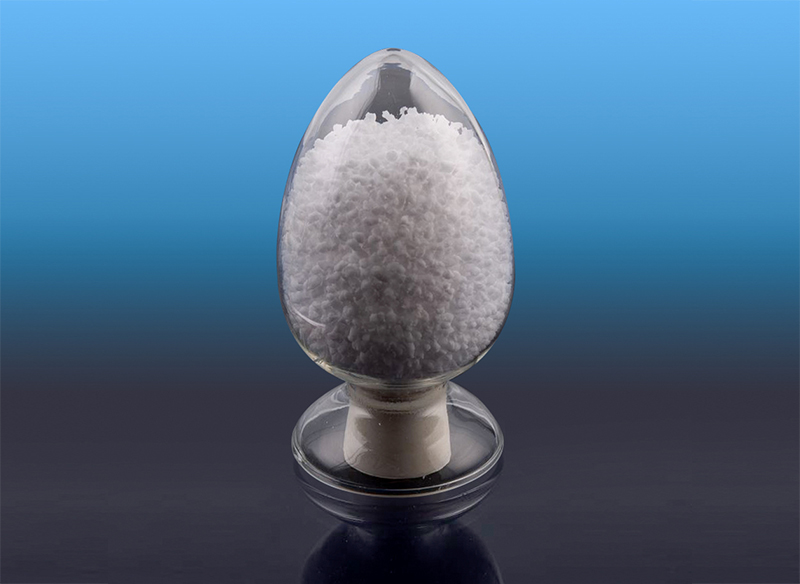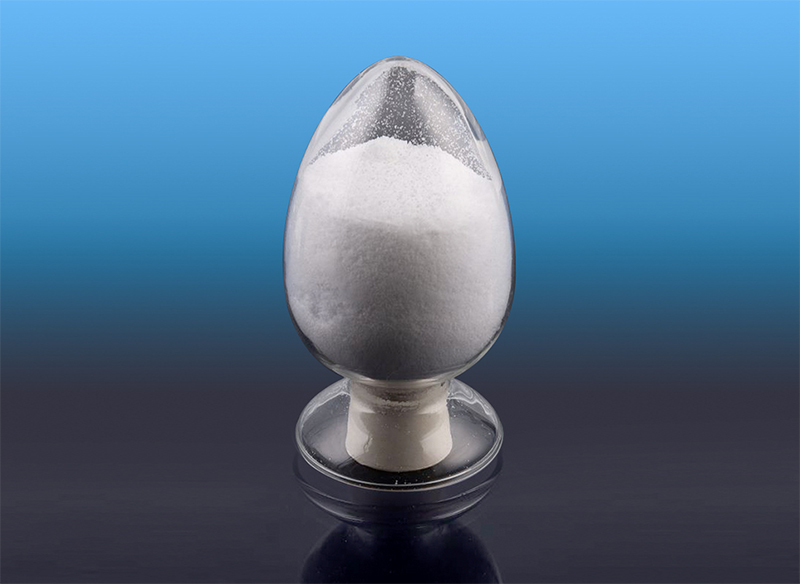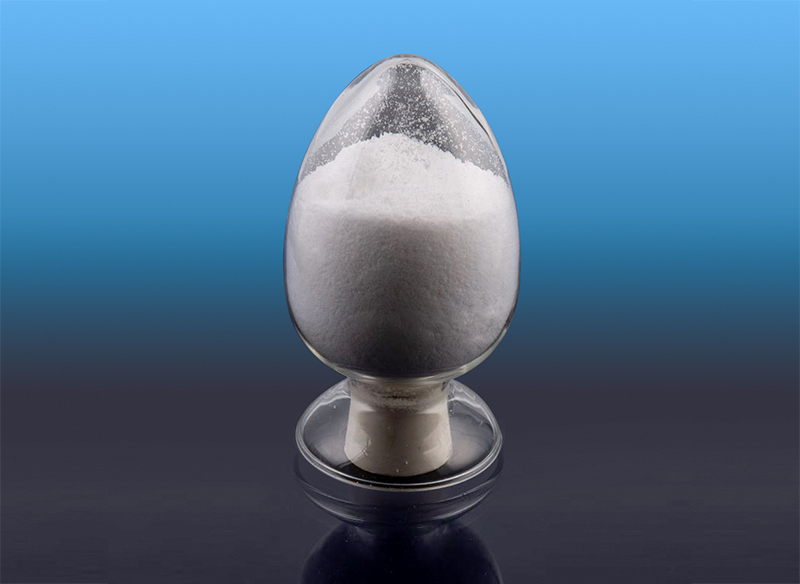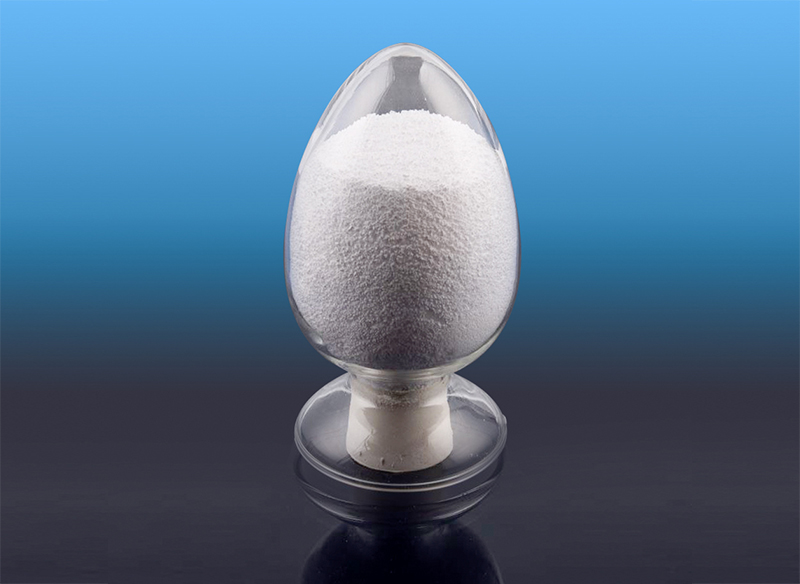What Are the Applications of SEBS (Hydrogenated Styrene-Butadiene Block Copolymer)?
SEBS, short for Styrene-Ethylene-Butylene-Styrene, is a hydrogenated styrene-butadiene block copolymer widely recognized for its unique balance of elasticity, chemical resistance, and durability. As a thermoplastic elastomer (TPE), SEBS combines the flexibility of rubber with the processability of thermoplastics. The hydrogenation of styrene-butadiene improves weatherability, thermal stability, and resistance to oxidation, making SEBS suitable for a broad range of applications across industries.
Key Properties That Enable Applications
Before exploring its uses, it’s important to highlight the properties that make SEBS versatile:
- Excellent Elasticity – SEBS provides rubber-like flexibility and softness.
- Chemical Resistance – Resistant to many acids, bases, and water.
- Weather and UV Stability – Hydrogenation enhances durability outdoors.
- Thermal Stability – Performs well under high and low temperatures.
- Non-Toxic and Skin-Safe – Suitable for medical and personal care applications.
- Processability – Can be processed using standard thermoplastic methods like extrusion and injection molding.
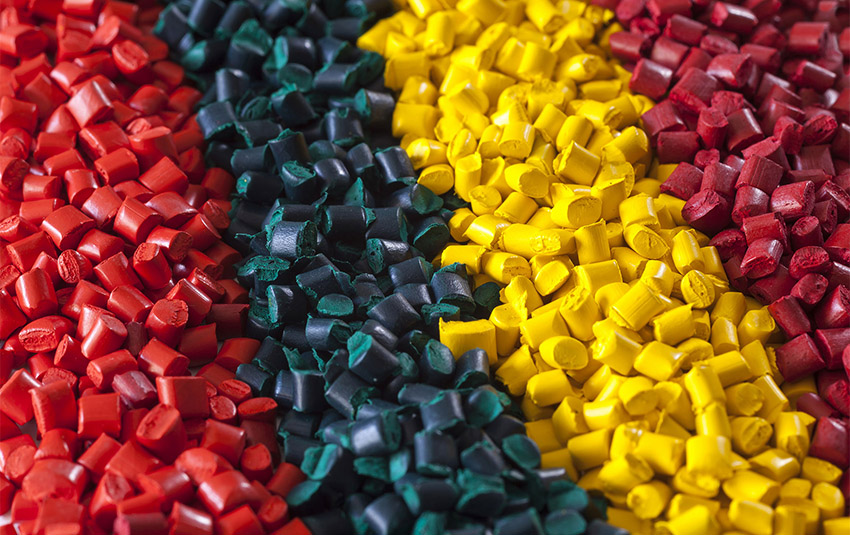
Major Applications of SEBS
1. Automotive Industry
SEBS is widely used in vehicles due to its resistance to heat, UV exposure, and mechanical stress. Common applications include:
- Interior trim components
- Door and window seals
- Grip materials for handles and knobs
- Under-the-hood components requiring heat resistance
2. Medical and Healthcare
Because SEBS is non-allergenic and safe for skin contact, it is an important material for medical-grade products. It is often used in:
- Medical tubing and catheters
- Syringe plungers and stoppers
- Seals and gaskets in medical devices
- Soft-touch components for handheld instruments
3. Consumer Goods
SEBS’s soft and flexible texture makes it a preferred choice for everyday consumer products, including:
- Toothbrush grips and razor handles
- Toys and baby products
- Sports equipment and protective gear
- Household items requiring a soft-touch surface
4. Adhesives and Sealants
Due to its excellent elasticity and compatibility with oils, SEBS is used in hot-melt adhesives and sealants, especially in:
- Packaging applications
- Construction sealants
- Pressure-sensitive adhesives
5. Footwear Industry
SEBS provides comfort and durability in footwear components. Its shock-absorbing properties make it ideal for:
- Shoe soles and midsoles
- Insoles requiring cushioning and flexibility
6. Wire and Cable Insulation
Thanks to its insulating properties and resistance to weathering, SEBS is used in:
- Wire and cable jackets
- Protective coverings requiring flexibility and durability
7. Industrial Applications
SEBS is often employed in specialized applications that require elasticity and resistance to chemicals, including:
- Flexible hoses and tubing
- Vibration dampening materials
- Protective coatings for tools and machinery
8. Personal Care and Hygiene Products
SEBS’s skin-safe characteristics make it useful in:
- Disposable hygiene products (like diaper waistbands)
- Cosmetic packaging with soft grips
- Flexible applicators
Conclusion
SEBS (Hydrogenated Styrene-Butadiene Block Copolymer) is a highly adaptable thermoplastic elastomer that bridges the gap between plastics and rubber. Its combination of elasticity, weather resistance, and processability makes it indispensable across industries—from automotive and healthcare to consumer goods and adhesives. Whether used in medical tubing, soft-touch grips, or automotive seals, SEBS continues to play a vital role in products that demand both durability and comfort.

